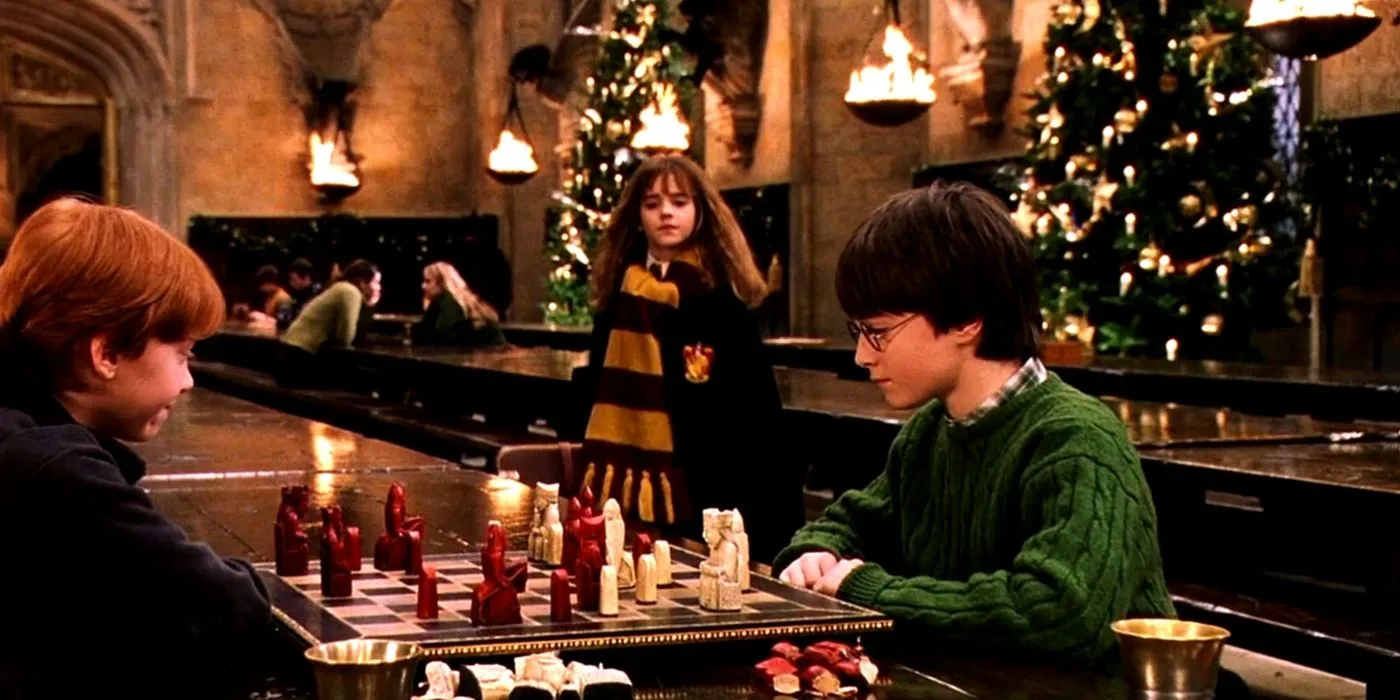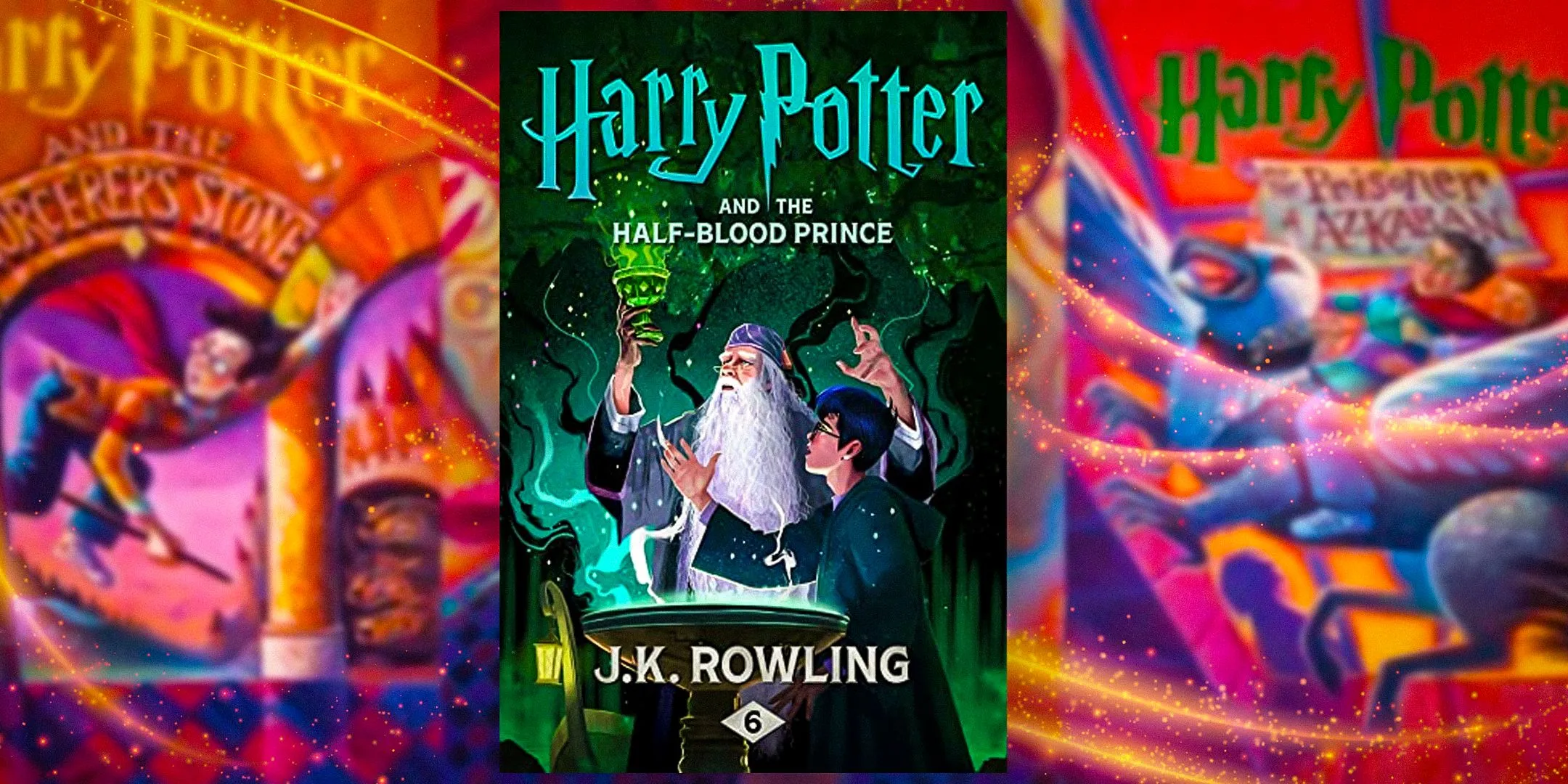
Casting for the much-anticipated Harry Potter television series is currently in progress, and recent revelations regarding season 1’s runtime have sparked important discussions about the future of the remake. Warner Bros. aims to keep this new adaptation alive for a decade, but while casting rumors are looking promising, concerns are rising about the adequacy of season 1’s duration to cover the plot adequately.
Mark Mylod and Francesca Gardiner, the show’s executive producers, have announced that the inaugural season will feature approximately eight hours of content. According to the official Harry Potter website, this timing suggests the first season will consist of around eight episodes. This season is expected to adapt Harry Potter and the Sorcerer’s Stone. While the length appears sufficient for this particular book, it raises eyebrows about whether this runtime will be adhered to in the subsequent seasons.
Analysis of Season 1’s Runtime
Adapting the Subsequent Books

While the eight-hour format works well for The Sorcerer’s Stone, fans may desire longer seasons overall. Since the first installment spans just over 300 pages, eight hours should suffice to capture its essence, especially given that the original movie adaptation effectively conveyed the storyline in under three hours. Although the show intends to include segments omitted from the film, such as Snape’s potions trial, the extended runtime should provide ample opportunity for these additions.
However, the crucial question remains: what will the future seasons entail? The following books in the series—Goblet of Fire, Order of the Phoenix, Half-Blood Prince, and Deathly Hallows—are significantly larger and warrant a greater amount of screen time to deliver their complex narratives effectively.
For instance, adaptations of Goblet of Fire and beyond demand a careful approach, as many subplots need exploration. Moreover, the Prisoner of Azkaban could benefit greatly from an expansion, particularly through the much-requested portrayal of the Marauders’ backstory. Although HBO’s 10-year plan suggests the potential for multiple seasons to cover larger books, there are no assurances this will be the implementation.
Even adopting the idea of dedicating multiple seasons to single books might lead to pacing issues. If adaptations such as Half-Blood Prince and Deathly Hallows are split into shorter seasons, it could result in an unbalanced narrative that relies on excessive original content, which may not sit well with devoted fans. To ensure a fidelity to the books while allowing for creative expansion, dedicating ten episodes to each of the major novels appears to be a prudent approach.
Rationale for Extended Episodes for Later Books
Length and Expansion of Themes

The later books in the series, particularly from Goblet of Fire onward, each exceed 700 pages. Thus, to do them justice, they require at least 10 episodes. This demand not only arises from their length but also the increased complexity of the narratives. These installments expand the Wizarding World, introducing a plethora of supporting characters who deserve thorough exploration. Noteworthy story arcs—such as Draco Malfoy’s descent into darkness and Percy Weasley’s journey to redemption—would benefit from a more detailed adaptation.
The anticipated debut of HBO’s Harry Potter series is slated for 2026. Given the expansive nature of these books and the numerous threads that need weaving, eight hours may simply not suffice to adequately portray the richness of the source material. As evidenced by the success of earlier seasons of Game of Thrones, a 10-episode structure can provide the necessary depth to adapt even the most extensive narratives convincingly. To honor the complexity of the Harry Potter story, the series must evolve its runtime beyond the first season.
Source: Harry Potter




Leave a Reply ▼